Breathing clean air at home is essential for good health, especially in a bustling city like Dallas. Poor indoor air quality can lead to various health issues, including allergies, asthma, and other respiratory problems. Many people don’t realize that the air inside their homes can be more polluted than the air outside. Luckily, there are simple ways to improve the air quality in your home to ensure that you and your family breathe cleaner, healthier air every day.
Indoor pollutants like dust, pet dander, mold, and chemicals from household products can significantly degrade the air quality inside your home. Addressing these common pollutants is the first step toward cleaner air. Proper ventilation is another critical factor. Ensuring fresh air circulates through your home can help remove stale, polluted indoor air.
In this article, we’ll explore practical steps you can take to improve the air quality in your Dallas home, ensuring a healthier living environment for you and your family.
Understanding Common Indoor Pollutants
Understanding common indoor pollutants helps you know what to target for better air quality. Dust is one of the most common indoor pollutants. It collects on surfaces and circulates through the air, causing sneezing and breathing issues for some people. Regular dusting and vacuuming can reduce the amount of dust in your home.
Pet dander is another typical indoor pollutant, especially if you have furry friends like cats and dogs. Pet dander consists of tiny, even microscopic, flecks of skin shed by cats, dogs, rodents, birds, and other animals with fur or feathers. These bits of skin can cause allergies and asthma symptoms. Regular grooming and cleaning can help reduce pet dander.
Chemicals from household products and building materials also contribute to indoor air pollution. Many cleaning products, paints, and furniture release volatile organic compounds (VOCs) into the air. These chemicals can cause headaches, dizziness, and other health problems. Using natural or low-VOC products helps minimize these pollutants.
Practical Steps to Improve Ventilation
Improving ventilation in your home ensures fresh air replaces stale air, which can be full of pollutants. A straightforward way to improve ventilation is to open windows and doors regularly. This allows fresh air to flow in and push out the air that might be filled with pollutants.
Exhaust fans in the kitchen and bathroom are also essential. These fans help remove moisture and pollutants, such as cooking fumes and steam. Run these fans during and after cooking or showering to keep the air fresh and prevent mold growth.
Another good idea is to use ceiling fans to help circulate air throughout your home. You can avoid the buildup of stagnant air and pollutants by keeping the air moving. Ensure your air vents are not blocked by furniture or other items. Clear vents ensure that your HVAC system can distribute air properly throughout your home. Taking these simple steps can vastly improve the air you breathe at home.
Effective Use of Air Purifiers and Filters
Air purifiers and high-quality filters can significantly improve your home’s air quality. They work by removing particles and contaminants from the air, which is handy for people with allergies or asthma. For the best results, place air purifiers in the rooms where you spend the most time, like the living room and bedrooms.
Several types of air purifiers include HEPA filters, activated carbon filters, and UV purifiers. HEPA filters effectively trap tiny particles, while activated carbon filters remove odors and chemical pollutants. UV purifiers use ultraviolet light to kill bacteria and viruses. Choosing the right air purifier depends on your specific needs and the type of pollutants you want to reduce.
Air filters in your HVAC system also play a crucial role. Regularly changing these filters helps maintain good air quality by trapping dust, pollen, and other contaminants. Aim to change your HVAC filters every 1-3 months, depending on usage and if you have pets. Using high-quality filters can improve the effectiveness of your HVAC system in keeping your air clean.
Maintaining HVAC Systems for Better Air Quality
Regular maintenance of your HVAC system ensures better air quality in your home. An efficient HVAC system can filter out contaminants more effectively, providing cleaner air. Schedule regular inspections and maintenance for your HVAC system to keep it in shape. A professional can check for issues like clogged ducts or dirty coils that can impact the system’s efficiency and air quality.
Cleaning the air ducts is also vital. Over time, dust, mold, and other pollutants can build up in the ducts and be circulated throughout your home. Professional duct cleaning can help remove these contaminants, improving air quality.
Additionally, clean the vents and registers in your home regularly. Dust and debris can accumulate in these areas, reducing the effectiveness of your HVAC system. Simply vacuuming or wiping down the vents can make a big difference. Taking care of your HVAC system ensures it works efficiently and helps you maintain cleaner, healthier air at home.
Conclusion
Improving air quality in your Dallas home involves simple steps that can make a big difference. By understanding common indoor pollutants, improving ventilation, using air purifiers and filters, and maintaining your HVAC system, you can ensure that the air you and your family breathe is cleaner and healthier.
Each of these steps helps reduce pollutants and improve the overall air quality in your home. Whether it’s dust, pet dander, or chemicals, taking actionable steps can improve your indoor environment.
If you have any concerns about your HVAC system or need professional air conditioning services in Richardson, contact Spire Heating and Air Conditioning. Our team is here to help you breathe easier. Call Spire Heating and Air Conditioning today to schedule an appointment!


